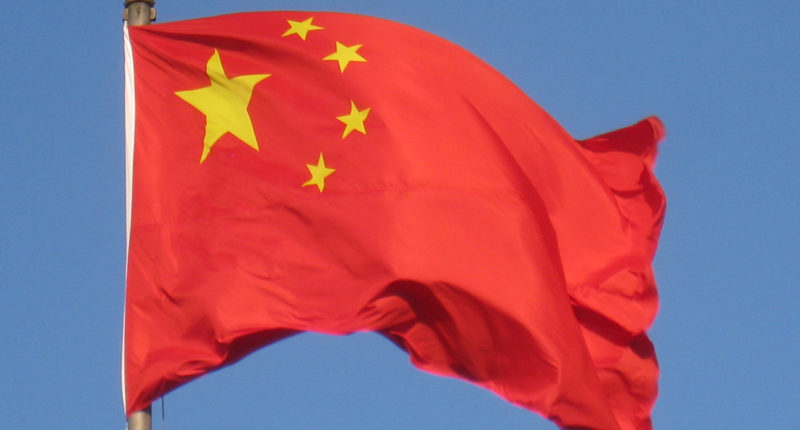The relationship between the United States and China has not been quite friendly for a long time now, and both Donald Trump’s and Joe Biden’s administrations have clamped down on Chinese tech giants in recent times. During Trump’s final weeks in office, the US had added dozens of Chinese companies, including the country’s top chipmaker SMIC and Chinese drone manufacturer SZ DJI Technology Co Ltd, to a trade blacklist. At the same time, the Securities and Exchange Commission (SEC) had started to implement a tough law that meant that Chinese stocks would be kicked off US exchanges.
The unprecedented regulatory crackdown in China on their own technology companies, citing concerns that they have built market power that stifles competition and have grown unchecked for a long time, has left Chinese tech giants in a fix. On Thursday, their problems only increased after shares in dual-listed Chinese companies fell sharply in Asia after the U.S. securities regulator adopted measures that would kick foreign companies off American stock exchanges if they do not comply with U.S. auditing standards.
The Hang Seng tech index slipped 5%, its lowest since November.
In a statement on Wednesday, the SEC said that it was taking steps to ensure that US regulators can review the financial audits of overseas companies. The penalty for non-compliance, as stipulated by the law Congress approved in December, is ejection from the New York Stock Exchange or Nasdaq for any business that doesn’t allow their audit to be inspected for three years. This is fueled by the Holding Foreign Companies Accountable Act, signed into law by former President Donald Trump in December, which aims at removing Chinese companies from U.S. exchanges if they fail to comply with American auditing standards for three years in a row. Firms also need to prove that they are not owned or controlled by an entity of a foreign government, the SEC added.
This comes after the high-level meeting in Alaska between the two countries last week, where both sides leveled sharp rebukes of the others’ policies.
This reflected on the stocks as Chinese giants Tencent and Alibaba slipped more than 5% in Hong Kong on Thursday before cutting losses, joining a host of other Chinese tech giants including Tencent Music Entertainment and iQiyi Inc., streaming from Netflix type of Baidu Inc. subsidiary.
Tencent and Alibaba are already facing troubles in China, and this heightened fears of intensifying domestic antitrust repression. Baidu Inc shares dropped 8.85% in early Thursday trade, Alibaba Group Holding Ltd slipped 4.2%, JD.Com Inc fell 4.45% and Netease Inc was down 3%.
“A lot of investors thought the U.S. and the Biden administration would be more amicable towards China and things would be easier, but this news shows that it is going to be just as tough,” Wealthy Securities Managing Director Louis Tse said. “Sentiment was hurt after Chinese tech stocks crashed overnight on the Nasdaq,” said Daniel So, an analyst at CMB International.
Both the US and China have been at a standoff when it comes to Chinese companies operating in the US. To date, China has adamantly refused to let the U.S. Public Company Accounting Oversight Board examine audits of firms whose shares trade in America, citing national security concerns. The US has countered that such resistance risks exposing investors to frauds, and it makes little sense that Chinese companies have been permitted to raise money in the U.S. without complying with American rules.
It is reported that the Chinese government is considering creating a state-backed joint venture with domestic tech firms to oversee the user data collected by them. This move is set to mark a further tightening of government control over the technology sector in China, and subsequently, more headaches for Chinese tech giants.





